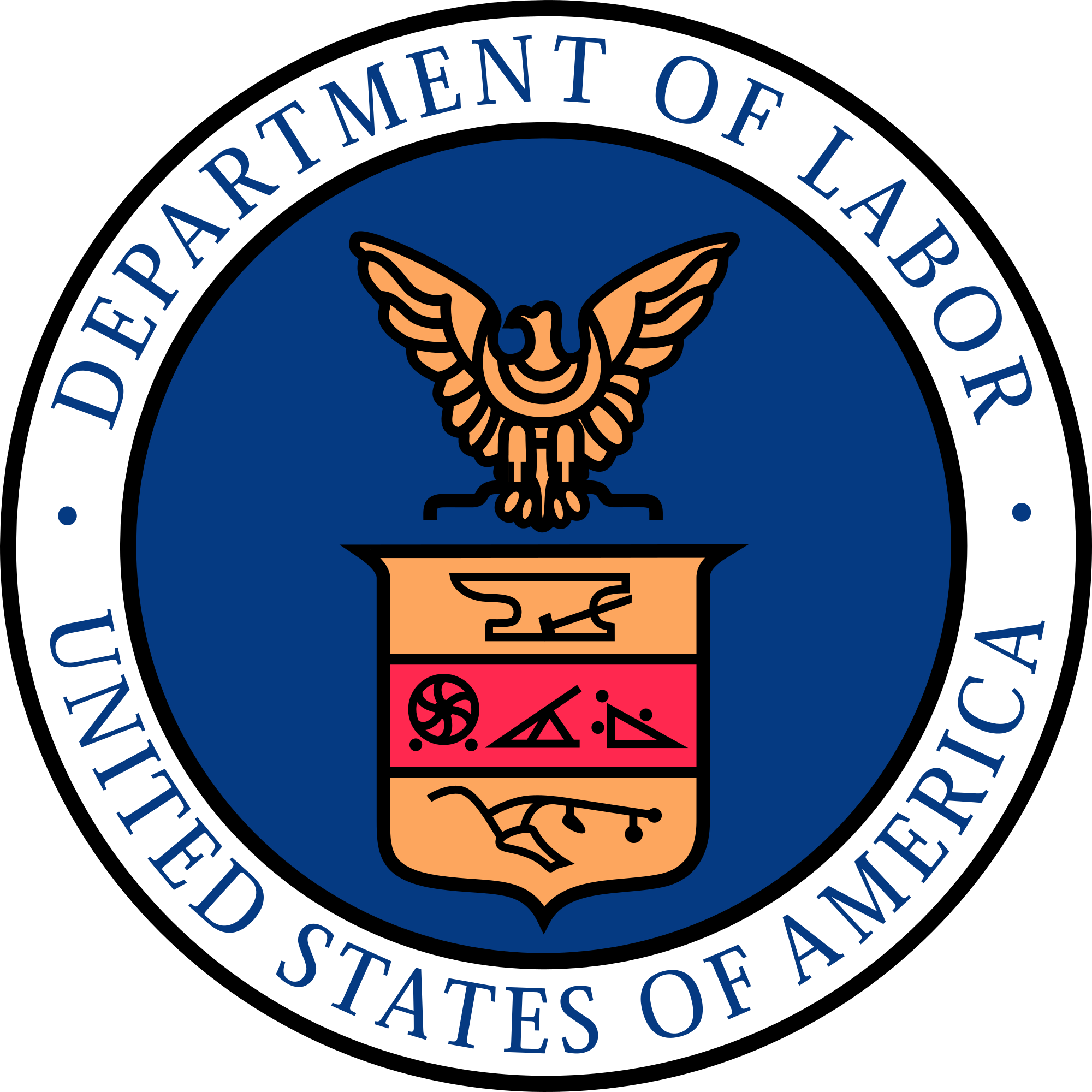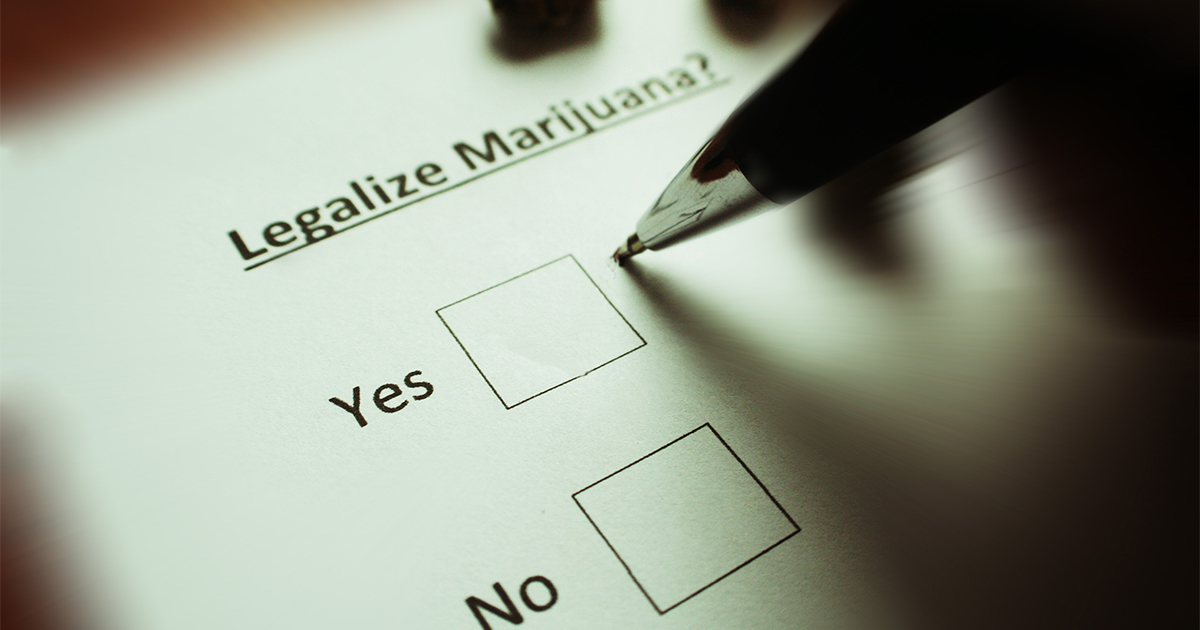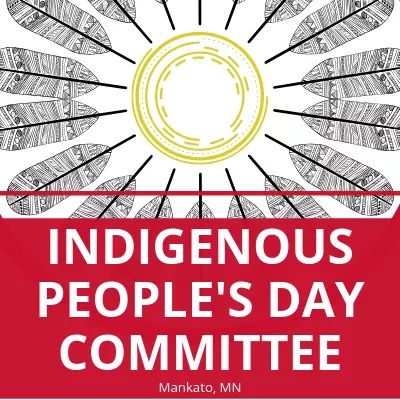
The following is a guest blog courtesy of
Blethen|Berens.The U.S. Department of Labor (DOL) recently announced a final rule making more American workers eligible for overtime pay under the Fair Labor Standards Act (FLSA). The current salary thresholds were set in 2004. Previously, in 2016, the DOL announced a final rule, significantly increasing the overtime thresholds for the “white collar” exemptions, which was to be effective December 1 of that year. This proposed change was halted by the Courts before it took effect. Then, after a change in White House administration, in July, 2017, the Department of Labor abandoned the proposed final rule from 2016 and started over with a new process of reviewing and proposing changes to the overtime rules. The resulting final rule, which will go into effect on January 1, 2020, provides an increased threshold salary for the white collar exemptions, but the increase is much lower than the previously proposed rule from 2016.



 The discussion around marijuana legalization in Minnesota is picking up at the Legislature. In fact, the Legislature has launched a ‘“Be Heard on Cannabis’ Community Conversation” tour that will be coming to Saint Peter the evening of November 20. It will be critical that the voice of employers is heard in this process – particularly around the sort of workplace regulations that would be necessary to include in any legalization scenario to ensure safe and productive workplaces. I’d invite you to participate in this forum to lend your thoughts and expertise to this process. Full event details are below.
The discussion around marijuana legalization in Minnesota is picking up at the Legislature. In fact, the Legislature has launched a ‘“Be Heard on Cannabis’ Community Conversation” tour that will be coming to Saint Peter the evening of November 20. It will be critical that the voice of employers is heard in this process – particularly around the sort of workplace regulations that would be necessary to include in any legalization scenario to ensure safe and productive workplaces. I’d invite you to participate in this forum to lend your thoughts and expertise to this process. Full event details are below.

 In May 2019, the
In May 2019, the  The following is a guest blog courtesy of
The following is a guest blog courtesy of 


